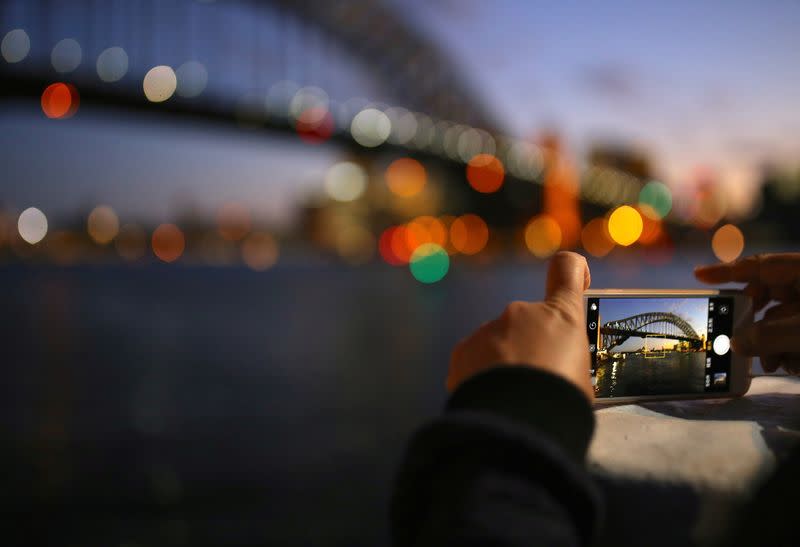By Lydia Kelly
MELBOURNE (Reuters) – Australia is in no hurry to reopen its international borders and risk the country’s almost coronavirus-free lifestyle, Prime Minister Scott Morrison said on Sunday.
Australia closed its borders to all citizens and non-residents in March 2020 and has only allowed limited international arrivals in recent months, mainly its citizens returning from abroad.
The closure of the border, along with the rapid blockade, rapid follow-up of contacts and high community compliance with health measures, have made Australia one of the most successful countries in the world in fighting the pandemic, limiting coronavirus cases to less than 29,500 infections and 910 death.
“Australia is in no hurry to open these borders, I assure you,” Morrison told a televised briefing.
“I will not jeopardize the way we live in this country that is so different from the rest of the world today.”
For months, with the exception of brief blockades, Australians have been able to eat, gather almost freely and no longer wear face masks in most places.
They have exchanged their international forays with local travel, with government figures indicating large annual increases in intra-state travel in the first months of 2021.
From Monday, neighboring Australians and New Zealanders will be able to travel between the two countries without having to apply for an exemption or spend time in mandatory quarantine.
New Zealand had only 2,239 confirmed cases of coronavirus and 26 associated deaths.
Morrison said on Sunday that vaccinated Australians could travel abroad “for essential purposes” and return home quarantined in the second half of the year, but that possibility is only in the “planning stages”.
Australia recently abandoned the goal of vaccinating almost the entire population of 26 million by the end of 2021, following advice that people under the age of 50 will get the COVID-19 Pfizer vaccine, rather than AstraZeneca’s shot.
(Reporting by Lidia Kelly; Editing by Lincoln Feast.)
